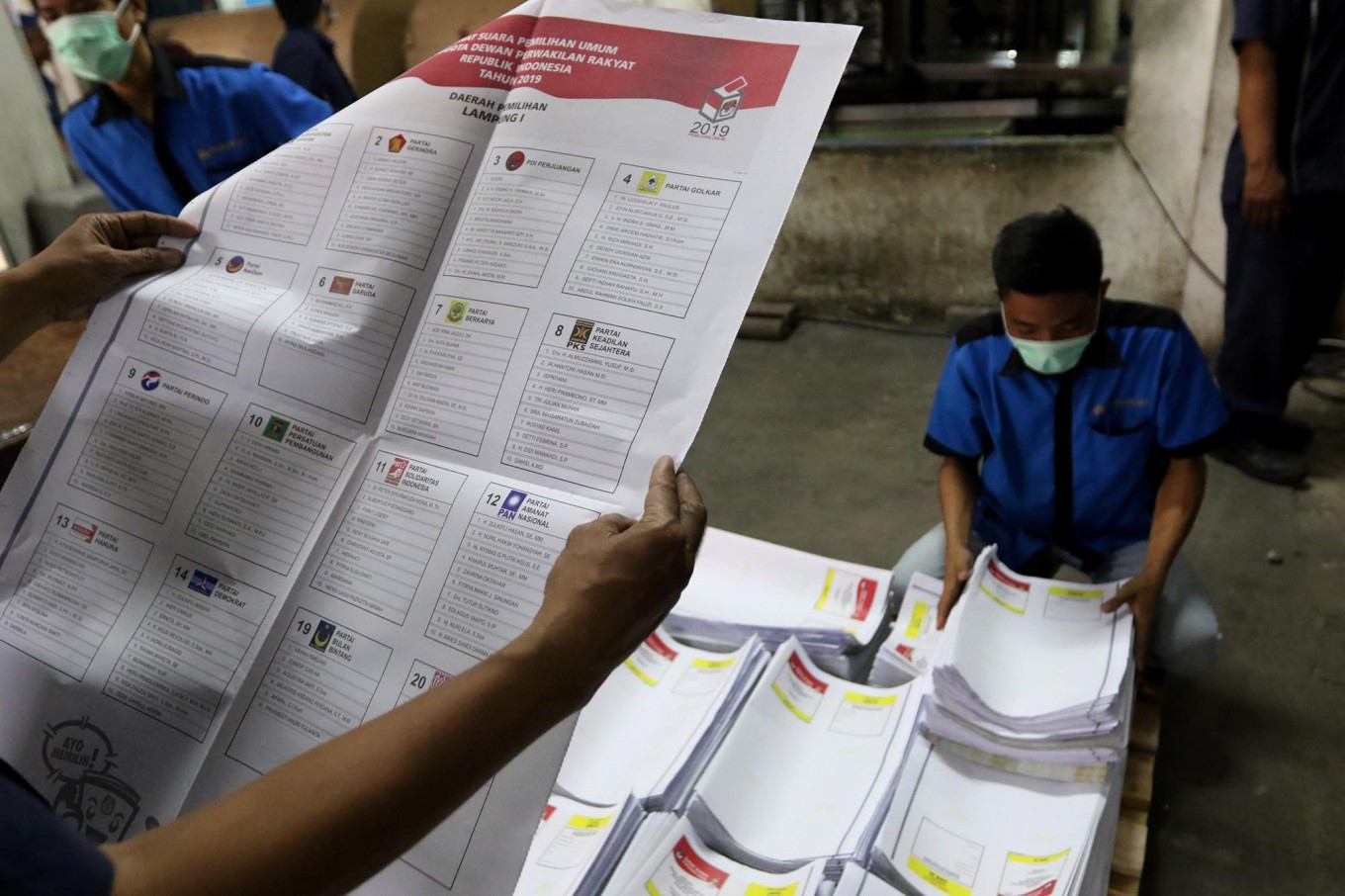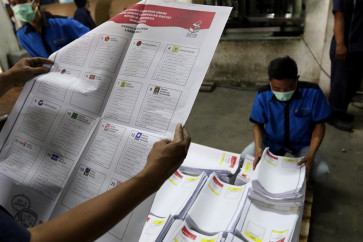Popular Reads
Top Results
Can't find what you're looking for?
View all search resultsPopular Reads
Top Results
Can't find what you're looking for?
View all search resultsAnalysis: Corruption overshadows discourse on political party financing
Change text size
Gift Premium Articles
to Anyone
E
very five years, Indonesia holds a multi-party general election typically participated in by around 20 political parties. But every time the nation launches a discourse on how best to finance these parties, someone in the room will quickly shout “corruption”, a reflection of the distrust the public has toward them.
Parties have themselves to blame in part because of the endless corruption cases involving their top leaders that have gone to the court of justice. Yet they have a legitimate reason to want to raise money since almost all of them are run on shoestring budgets. They have to find creative ways to raise money to run the parties, however, sometimes their methods border on crime.
This month, the big political parties are again leading public discussions about their finances with a series of proposals to find legitimate ways of raising funds. They are in discussions with the government and the Corruption Eradication Commission (KPK) as the House of Representatives reviews the regulations under the 2011 Law on Political Parties.
The Gerindra Party, which came in third in the 2024 elections, wants the annual state contribution to political parties increased tenfold. Under the current law, political parties get Rp 1,000 (6.25 US cents) for every vote they won from the last national election. The rate goes up to Rp 1,200 and Rp 1,500 for each vote in provincial and regency/city elections, respectively.
Based on its 2024 votes, Gerindra reported this month that it received Rp 20.76 billion this year, up from Rp 18.2 billion in 2024 to reflect the gain in its votes. The party said this money only covers political education programs. To remain financially viable, the ideal sum from the state should be increased to Rp 10,000 per vote, it said, adding that in Germany, political parties received the equivalent of Rp 12,825 per vote.
Gerindra was founded and is chaired by Prabowo Subianto, who won the presidential election last year, and is now leading the coalition government comprising seven of the eight political parties in the House. Gerindra’s demand for more money puts it at odds with the government, which has other big spending priorities in mind.
The Justice Welfare Party (PKS), the leading Islamist party, proposes that political parties be allowed to run businesses to raise funds, an idea that is also being looked at by the Ministry of Home Affairs.



















